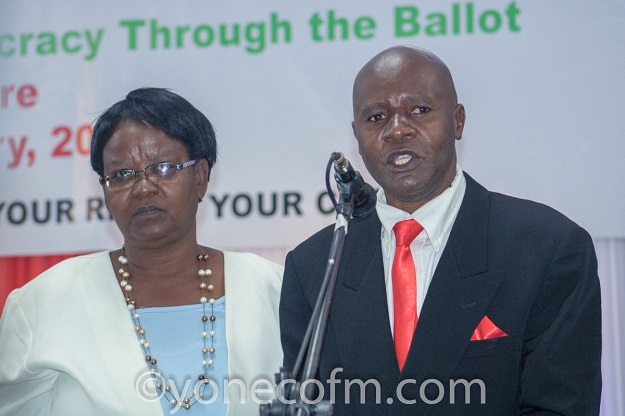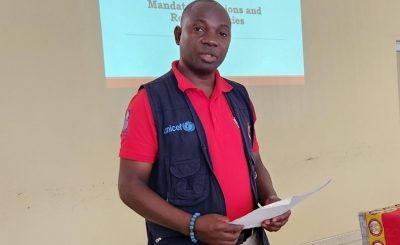A Chancellor College based political analyst has branded the recent submission of presidential nomination papers for the May 21, 2019 elections as a success and exciting.
The analyst, Dr. Mustafa Hussein told YFM that the exercise has shown that the country’s democracy is growing as evidenced by the increase in number of presidential aspirants.
“The presentation of nomination papers by presidential aspirants, councilors and Members of Parliament has been so exciting and at the same time has proved as the step towards real democracy.
“Having 23 people with interest for presidency is a sign that people are now interested to participate in the national affairs,” he said.
Dr. Hussein also observed that throughout the nomination period, there were no serious pockets of violence except the beating of a Malawi Electoral Commission (MEC) journalist at COMESA Hall in Blantyre.
“Prior to the nomination exercise, the political atmosphere was tense and scary considering the incidences of violence that were witnessed in some parts of the country.
“However during the nomination exercise we have seen at least civilized politics. If party supporters can continue in the next two months, we might have peaceful elections,”Hussein said.
He however, decried the K2 million nomination fee for presidential candidates saying it is too exorbitant and restrictive hence the need to be revised for the common good.
“Elections needs money and candidates should be prepared. However, the amount that people pay to MEC as nomination exercise should not be too whopping to restrict some people from contesting,” he said.
Commenting on the 50:50 representation of women and male representation during the forthcoming elections, Dr. Hussein said, Malawi has not done well.
He said that is sad that former Malawi president and People’s Party (PP) Dr. Joyce Banda is the only female presidential candidate and Zione Akuziona Matumba of Tikonze People’s Movement (TPM) and Mrs Ethel Changa of National Salvation Front (NASAF) as female running mates.
Dr Hussein deemed the development as ‘retrogressive’.





